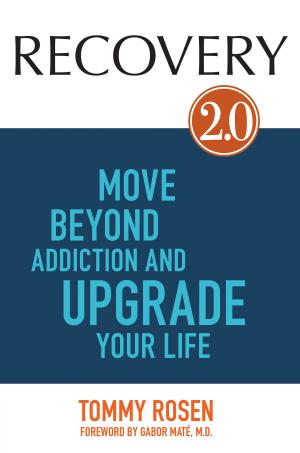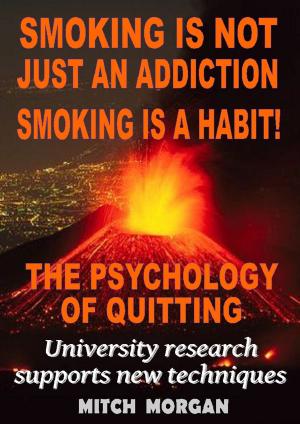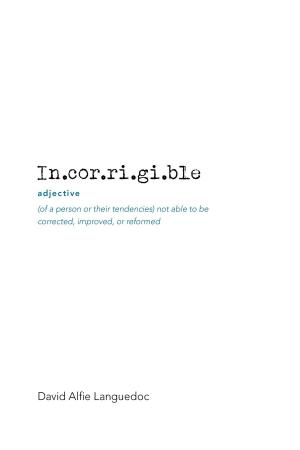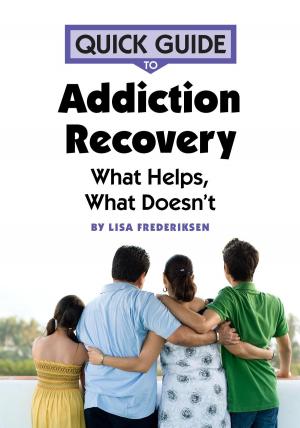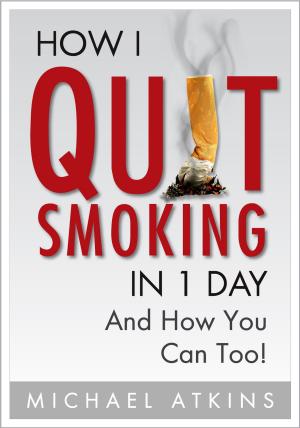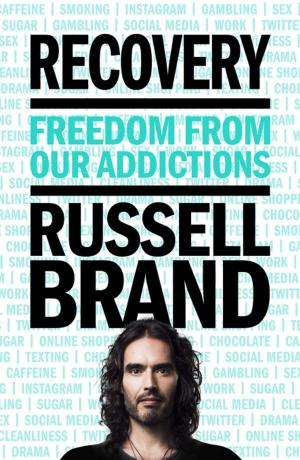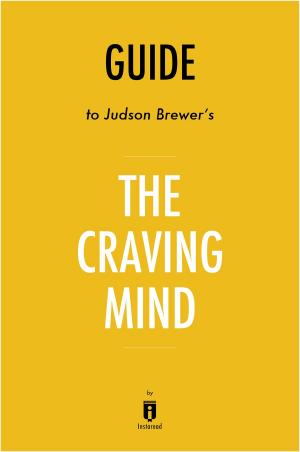iCope: Alternatives To A 12-Step Program: A Path To Recovery
Nonfiction, Health & Well Being, Self Help, Addiction, Substance Abuse| Author: | Anthony R. Ciminero, Ph. D. | ISBN: | 9781311693952 |
| Publisher: | Anthony R. Ciminero, Ph. D. | Publication: | October 17, 2015 |
| Imprint: | Smashwords Edition | Language: | English |
| Author: | Anthony R. Ciminero, Ph. D. |
| ISBN: | 9781311693952 |
| Publisher: | Anthony R. Ciminero, Ph. D. |
| Publication: | October 17, 2015 |
| Imprint: | Smashwords Edition |
| Language: | English |
Based on almost a decade of my experience working intensively with addictive problems on an inpatient program and the past 30 years of professional work as a psychologist in other settings, I have a broader perspective about recovery than the typical 12-Step Model’s approach that is commonly accepted as the standard way to treat addictions. Some of this perspective is based upon clinical experience with a diverse patient population and flexibility in how we can choose various therapeutic approaches, but most of this view is based upon research throughout the country on evidence-based practices. All of the specific skills covered in this book have been found in extensive research by hundreds of professionals throughout the country to be effective for a wide variety of problems, not just addictions.
Many individuals struggling with an addictive problem cannot accept the basic philosophy of the 12-Step approach or have tried it and failed. These individuals should be encouraged that there are other successful options available to them. This iCope book first summarizes the history of addiction treatment and why it might not be best for everyone. The book then looks at alternatives and takes a more empirical, flexible, and broader view of the individual and the methods that can be successful. The objective of this book is to provide additional tools that could be beneficial in controlling or eliminating a troublesome addictive type of problem. This book is aimed specifically at those who have found that the 12-Step approach does not work for them and those who for various reasons never enter this or similar types of treatment. The principles taught here would also be helpful for those who are succeeding in their 12-Step Program or individual therapy, but want additional coping skills to deal with emotional, psychological, or relationship issues that are not being adequately treated.
The emphasis in the book is to provide an overview of specific coping skills that can help individuals deal with various emotional issues, negative belief systems, and problem solving situations without having to rely on the use of alcohol, drugs, or other addictive types of behaviors. Many of these basic skills fall under the rubric of stress management or coping skills training. Other skills such as assertiveness and anger management often are seen as relationship skills. Also covered are enhancements to a person's sense of well-being and resilience through improved self-esteem, positive psychology, and mindfulness training. Other relevant topics such as relapse prevention, genetic factors in alcoholism, and even the controversial controlled social drinking options are covered in separate supplemental chapters. The book is also supported with a variety of resources on our free website.
Author Information:
Anthony R. Ciminero, Ph. D. is a clinical psychologist and corporate consultant with over 40 years of professional experience including faculty positions at major universities. He has published extensively including self-help books as well as textbooks in psychology. In addition to working with individuals with various alcohol, drug, and gambling addictions in outpatient settings, Dr. Ciminero also worked on an inpatient addiction unit for six years where he was responsible for developing the behavioral coping skills program for patients in recovery. These core skills form the foundation for this book for individuals struggling with any type of addictive problem. Dr. Ciminero presents a concise summary of the basic coping skills that are needed to manage the various challenges faced in recovery.
Based on almost a decade of my experience working intensively with addictive problems on an inpatient program and the past 30 years of professional work as a psychologist in other settings, I have a broader perspective about recovery than the typical 12-Step Model’s approach that is commonly accepted as the standard way to treat addictions. Some of this perspective is based upon clinical experience with a diverse patient population and flexibility in how we can choose various therapeutic approaches, but most of this view is based upon research throughout the country on evidence-based practices. All of the specific skills covered in this book have been found in extensive research by hundreds of professionals throughout the country to be effective for a wide variety of problems, not just addictions.
Many individuals struggling with an addictive problem cannot accept the basic philosophy of the 12-Step approach or have tried it and failed. These individuals should be encouraged that there are other successful options available to them. This iCope book first summarizes the history of addiction treatment and why it might not be best for everyone. The book then looks at alternatives and takes a more empirical, flexible, and broader view of the individual and the methods that can be successful. The objective of this book is to provide additional tools that could be beneficial in controlling or eliminating a troublesome addictive type of problem. This book is aimed specifically at those who have found that the 12-Step approach does not work for them and those who for various reasons never enter this or similar types of treatment. The principles taught here would also be helpful for those who are succeeding in their 12-Step Program or individual therapy, but want additional coping skills to deal with emotional, psychological, or relationship issues that are not being adequately treated.
The emphasis in the book is to provide an overview of specific coping skills that can help individuals deal with various emotional issues, negative belief systems, and problem solving situations without having to rely on the use of alcohol, drugs, or other addictive types of behaviors. Many of these basic skills fall under the rubric of stress management or coping skills training. Other skills such as assertiveness and anger management often are seen as relationship skills. Also covered are enhancements to a person's sense of well-being and resilience through improved self-esteem, positive psychology, and mindfulness training. Other relevant topics such as relapse prevention, genetic factors in alcoholism, and even the controversial controlled social drinking options are covered in separate supplemental chapters. The book is also supported with a variety of resources on our free website.
Author Information:
Anthony R. Ciminero, Ph. D. is a clinical psychologist and corporate consultant with over 40 years of professional experience including faculty positions at major universities. He has published extensively including self-help books as well as textbooks in psychology. In addition to working with individuals with various alcohol, drug, and gambling addictions in outpatient settings, Dr. Ciminero also worked on an inpatient addiction unit for six years where he was responsible for developing the behavioral coping skills program for patients in recovery. These core skills form the foundation for this book for individuals struggling with any type of addictive problem. Dr. Ciminero presents a concise summary of the basic coping skills that are needed to manage the various challenges faced in recovery.

